Tomato Seeds – Non-Hybrid / Nati / Local (Solanum lycopersicum)
Non-hybrid or local tomato varieties offer gardeners an authentic taste and a sustainable gardening option. With proper care, including fertile soil, consistent watering, and pest management, you can enjoy a bountiful harvest of flavorful tomatoes. The ability to save seeds from these heirloom varieties adds to their appeal, ensuring you can continue growing these treasured plants for many seasons to come.
- Estimated Delivery : Up to 3 business days
- Free Shipping & Returns : On all orders over ₹550 in Bangalore
Non-hybrid or heirloom tomato seeds, varieties are prized for their rich flavors, natural resilience, and adaptability to local growing conditions. These varieties often produce seeds that can be saved and replanted year after year, making them popular among traditional gardeners.
1. Seed Selection
• Choose seeds from reputable sources that offer non-hybrid, heirloom, or indigenous varieties.
• Popular nati (local) varieties include Desi Tamatar, Pusa Ruby, and Lal Kesar, known for their flavor and adaptability to Indian climates.
2. Planting Time
• Sow seeds indoors 6-8 weeks before the last frost date in your region.
• For warm climates, direct sowing can be done in early spring or during the onset of the monsoon season.
3. Soil Preparation
• Tomatoes thrive in well-draining, loamy soil rich in organic matter.
• The ideal soil pH is between 6.0 and 6.8. Amend the soil with compost or well-rotted manure to provide essential nutrients for growth.
4. Seed Sowing
• Start seeds indoors by sowing them ¼ inch deep in seed-starting trays.
• Transplant seedlings when they are 6-8 inches tall and after the danger of frost has passed. Space plants 18-24 inches apart, with rows 3-4 feet apart.
5. Germination
• Tomato seeds germinate in 7-14 days at a temperature of 70-80°F (21-27°C).
• Keep the seed-starting mix moist but not waterlogged to encourage healthy germination.
6. Watering and Care
• Water tomatoes regularly, keeping the soil evenly moist but avoiding soggy conditions. Deep watering encourages a strong root system.
• Mulch around the base of the plants to conserve moisture, regulate soil temperature, and reduce weed growth.
7. Fertilizing
• Fertilize with a balanced, organic fertilizer (NPK 5-10-5) at planting time and again during flowering and fruiting.
• Side-dress with compost or a high-potassium fertilizer to promote fruit development.
8. Pests and Diseases
• Common pests include aphids, whiteflies, and tomato hornworms. Use neem oil or insecticidal soap to manage infestations.
• Prevent diseases like early blight and powdery mildew by ensuring good air circulation, practicing crop rotation, and avoiding overhead watering.
9. Harvesting
• Harvest tomatoes when they are fully colored and slightly soft to the touch.
• Pick fruits regularly to encourage continuous production, and avoid letting them overripe on the vine, which can attract pests.
10. Seed Saving
• Select healthy, fully ripened tomatoes from the best-performing plants for seed saving.
• Scoop out the seeds, ferment them in water for 2-3 days, then rinse and dry them before storing in a cool, dry place.
Conclusion
Non-hybrid or local tomato varieties offer gardeners an authentic taste and a sustainable gardening option. With proper care, including fertile soil, consistent watering, and pest management, you can enjoy a bountiful harvest of flavorful tomatoes. The ability to save seeds from these heirloom varieties adds to their appeal, ensuring you can continue growing these treasured plants for many seasons to come.

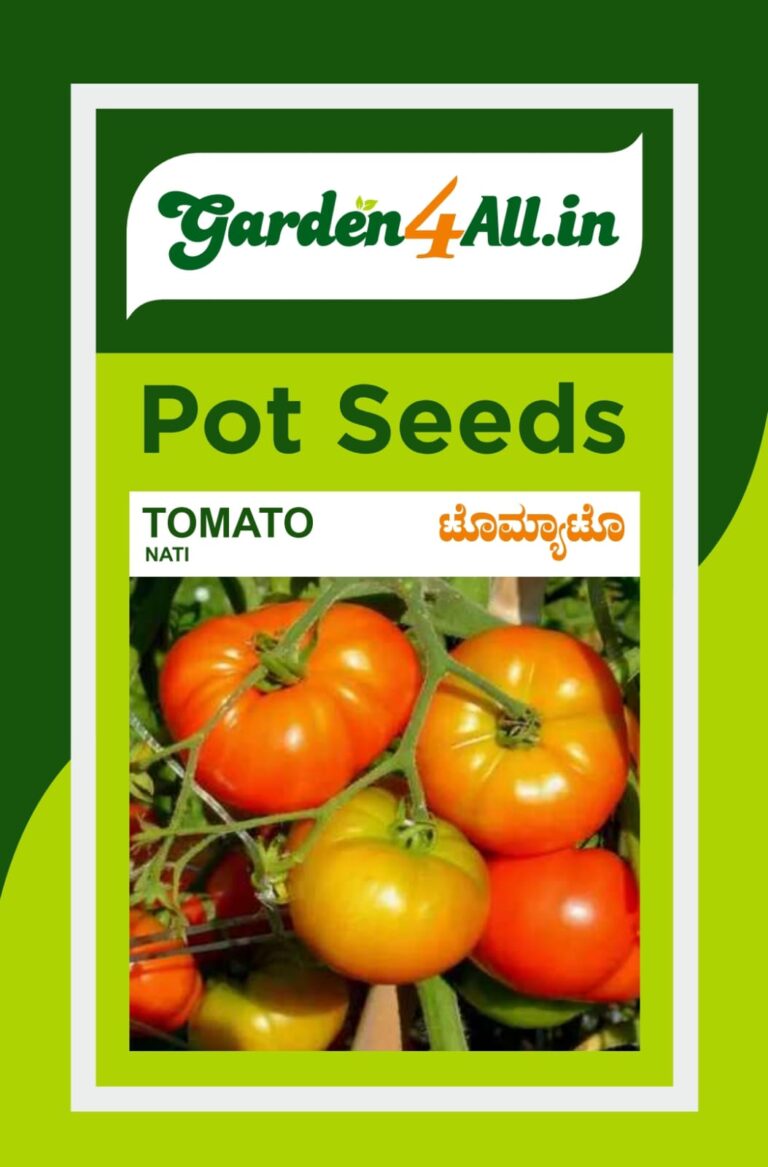
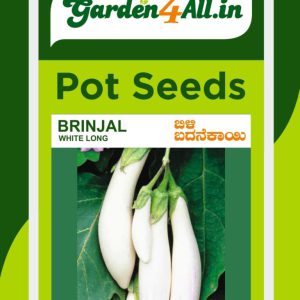
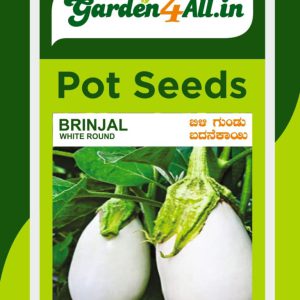
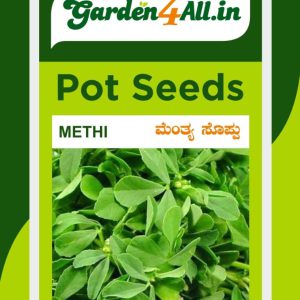
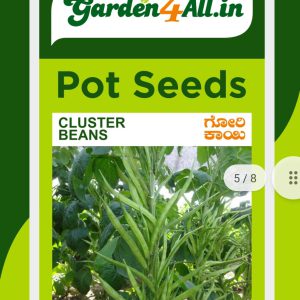
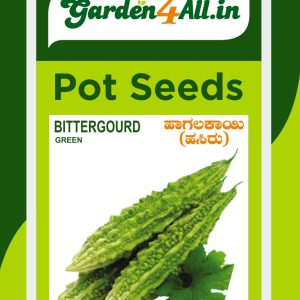
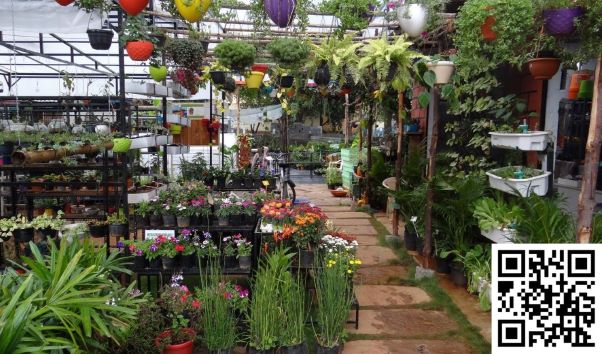
Reviews
There are no reviews yet.